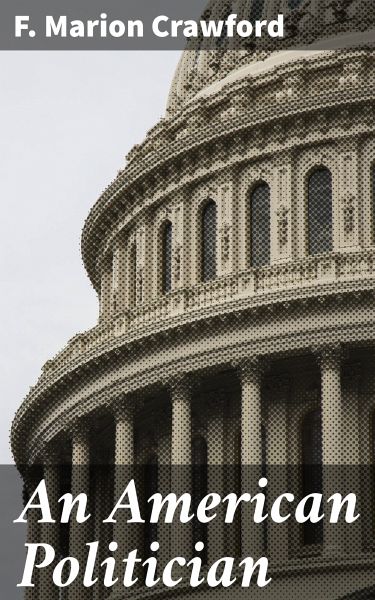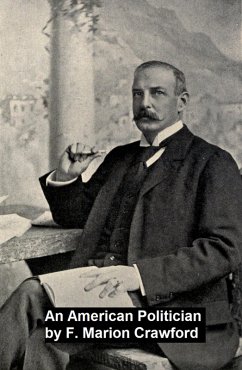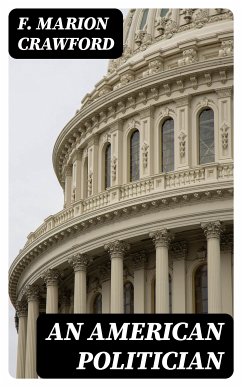
An American Politician (eBook, ePUB)
A Novel
Versandkostenfrei!
Sofort per Download lieferbar
0,49 €
inkl. MwSt.
Weitere Ausgaben:

PAYBACK Punkte
0 °P sammeln!
In "An American Politician," F. Marion Crawford intricately weaves a narrative set against the vibrant backdrop of late 19th-century American political life. The novel employs a realist literary style, focusing on the complex interplay of ambition, ethics, and public service. Crawford'Äôs incisive character studies and rich descriptions contribute to a vivid portrayal of political machinations, societal expectations, and individual aspirations, capturing the zeitgeist of a nation grappling with its identity in a rapidly changing world. Themes of political idealism versus pragmatism are explo...
In "An American Politician," F. Marion Crawford intricately weaves a narrative set against the vibrant backdrop of late 19th-century American political life. The novel employs a realist literary style, focusing on the complex interplay of ambition, ethics, and public service. Crawford'Äôs incisive character studies and rich descriptions contribute to a vivid portrayal of political machinations, societal expectations, and individual aspirations, capturing the zeitgeist of a nation grappling with its identity in a rapidly changing world. Themes of political idealism versus pragmatism are explored through the lives of its compelling characters, reflecting the moral dilemmas faced by those in power. F. Marion Crawford was a prominent American novelist known for his deep understanding of both European and American cultures, having spent significant time in Italy. His extensive travels and firsthand experiences with diverse political landscapes inspired him to craft narratives addressing the intricate dynamics of governance and societal responsibility. Crawford's background in classics and literature informed his narrative choices, allowing him to present a distinctive blend of personal and political conflict. This book is a rich exploration of American politics that resonates with contemporary readers, making it essential for anyone interested in the intersections of character and governance. Crawford'Äôs exploration of moral integrity within the political sphere offers timeless insights, encouraging reflection on the challenges and responsibilities of leadership in any era.
Dieser Download kann aus rechtlichen Gründen nur mit Rechnungsadresse in A, B, BG, CY, CZ, D, DK, EW, E, FIN, F, GR, H, IRL, I, LT, L, LR, M, NL, PL, P, R, S, SLO, SK ausgeliefert werden.













